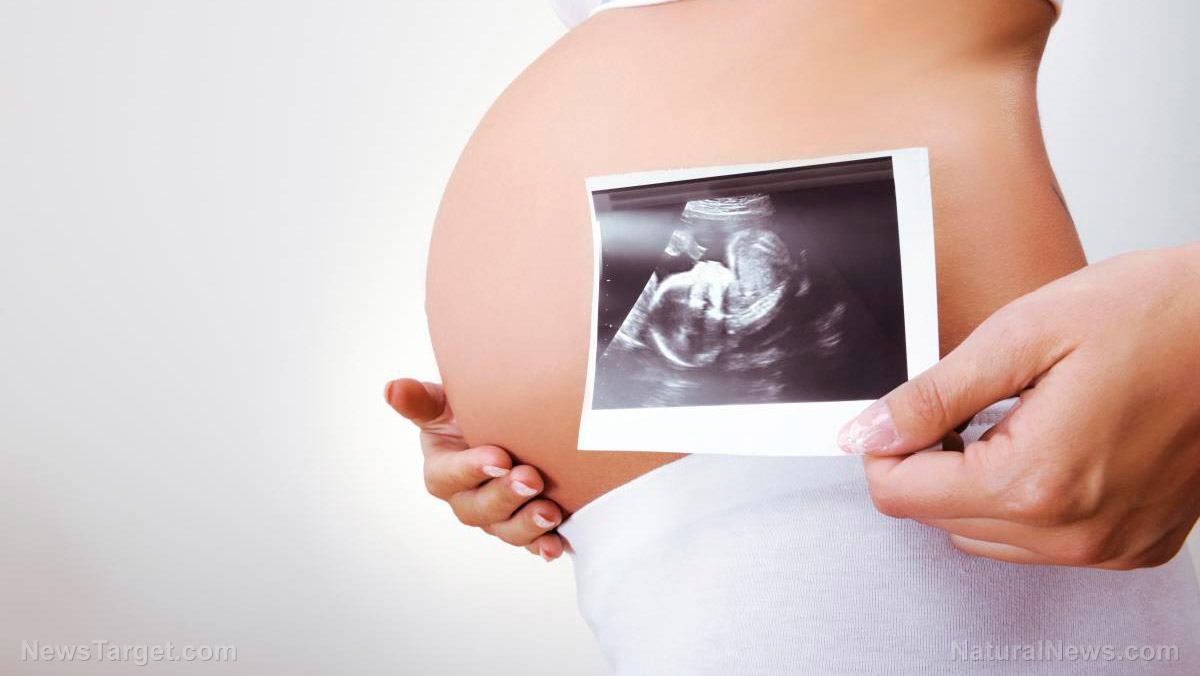Vitamin D and fertility: Increase your chances of success with this vital nutrient
11/19/2017 / By Zoey Sky

If you’re having trouble conceiving, boosting your vitamin D intake might help. A recent study revealed that women undergoing fertility treatment are 33 percent more successful if they have healthy levels of vitamin D.
Scientists from Birmingham University have determined that women undergoing fertility treatment were 33 percent more likely to get pregnant if they had high levels of vitamin D. This could be one reason why people have an easier time conceiving during summer since vitamin D levels are increased by the sun’s rays.
The National Health Service (NHS) has previously advised pregnant women or those trying to conceive to take vitamin D supplements regularly, which can help in the development of their baby. These new findings imply that it can also help them conceive in the first place. (Related: Fertility Secrets: How to create your get-pregnant plan unveiled by 20 holistic experts in new empowerment program.)
The researchers studied the records of 2,700 women undergoing IVF and other forms of fertility treatment. The data, which came from 11 previous studies, posited that women with sufficient levels of vitamin D in their blood had a 46 percent of getting pregnant. They were also 33 percent more likely to have a live birth.
The scientists said that it is possible to get the same similar results in those attempting to conceive naturally. Dr. Ioannis Gallos, a researcher and reproductive specialist in Birmingham, shared that they only found a link connected to blood tests and that they did not test if supplements could boost fertility. He advised that a full randomized control trial can confirm if vitamin D can help improve the chances of conceiving.
The power of the elements: Discover Colloidal Silver Mouthwash with quality, natural ingredients like Sangre de Drago sap, black walnut hulls, menthol crystals and more. Zero artificial sweeteners, colors or alcohol. Learn more at the Health Ranger Store and help support this news site.
He commented, “Women should follow the national guidance on this and take a low-dose vitamin D supplement. And if they are concerned they are deficient they can get tested.” Dr. Gallos added, “One startling finding was the high prevalence of vitamin D deficiency among these women… We found that only 26 per cent of women in the studies had sufficient concentrations of vitamin D.”
Vitamin D can dampen inflammation in the immune system
The researchers think that vitamin D can “dampen the immune system’s inflammatory response,” which can improve the chances of an embryo being successfully implanted in the lining of the womb right at the start of pregnancy. They wrote, “Seasonal variations in conception rates have been established with higher conception rates found in the summer and autumn… Although many hypotheses have been postulated to explain this phenomenon the exact mechanism behind this has not been explained.”
Oily fish like sardines and mackerel, red meat, liver, and eggs are full of vitamin D. However, fewer people eat these foods today, and one in five people in Britain have low levels of the vitamin D. The vitamin is very important during pregnancy, and it is known to affect how a baby’s bones grow while in the womb. Only a handful of women trying to conceive follow the NHS’ advice to take supplements.
Natural fertility diet food suggestions
Aside from increasing your vitamin D intake, here’s a list of other foods that can boost your fertility:
- Complex carbs – Increase your intake of complex or “slow” carbs and avoid highly processed ones. Good carbs which contain fiber comes from fruits, vegetables, beans, and whole grains.
- Unsaturated fats – Eat more healthy unsaturated fats and avoid all trans fats.
- Protein – Get your protein from plant foods like beans, nuts, seeds, and tofu instead of red meat. Plant protein contains healthy fats and has fewer calories.
You can read more articles about vitamin D-rich foods and healthier food options at Nutrients.news.
Sources include:
Tagged Under: conceiving, Fertility, food, functional food, health, Infertility, nutrition, oily fish, omega-3 fatty acids, pregnancy, vitamin D, women's health




















